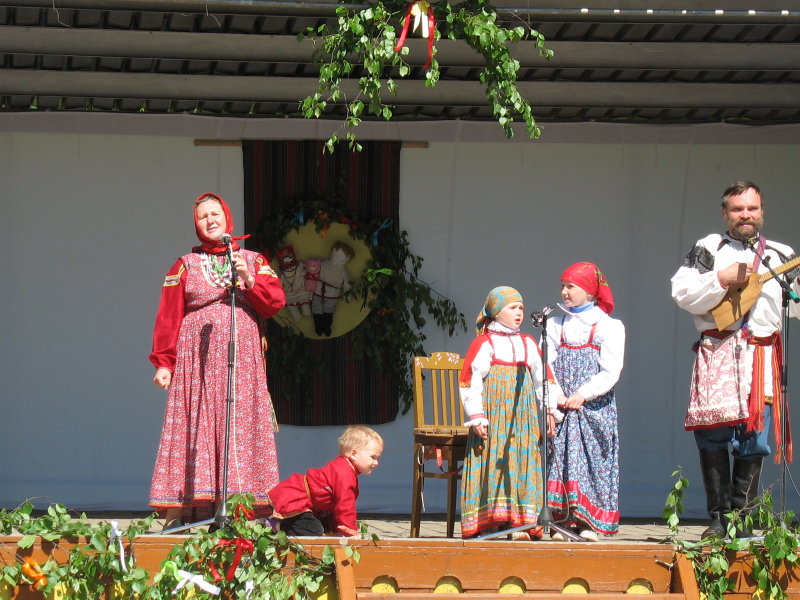Re: The Rise of the Russian Empire: Russo-Armenian Relations
It may be bizarre but the article does nonetheless outline/highlight the real problem in the region - namely the West's desire to rid Europe of the potential of a Russian lead Orthodoxy, long seen as a direct threat to the globalist agenda of the western world and to the peculiarities of Jewish/Zionist sentiments. Russia, with its immense natural wealth, long geopolitical reach and nuclear/conventional arsenal is the greatest threat to the longevity of the financial/political elite of the western world.
Originally posted by Merv
View Post















Comment